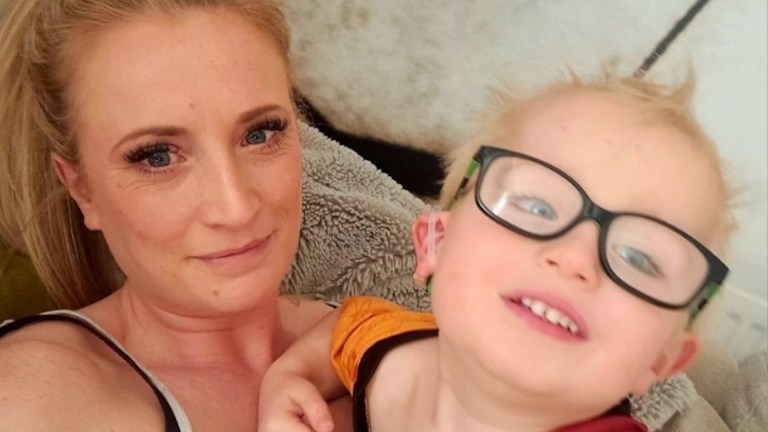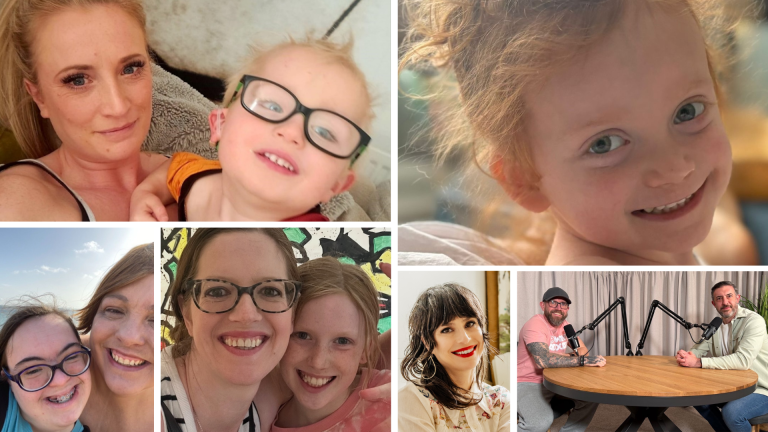Below, we’ve outlined when you should expect a benefit payment, why some people are only just getting the increased rate, changes to universal credit which mean more people will have to look for work, and where else to get support in June 2024.
What date will my benefits paid by the DWP in June 2024?
The date your benefit is paid depends on what benefit you receive and when you started claiming.
Universal credit is paid monthly by the DWP. Attendance allowance, disability living allowance, pension credit, personal independence payment (PIP) and state pension are paid every four weeks.
Carer’s allowance, tax credits (from HMRC) and child benefit are either weekly or every four weeks. And maternity allowance is either every two weeks or every four weeks.
Income support, employment and support allowance and jobseeker’s allowance are usually every two weeks.
Who will get increased benefits in June 2024?
Benefits increased by 6.7% from 8 April, 2024 for many claimants.
Advertising helps fund Big Issue’s mission to end poverty
But for some universal credit claimants, the increased benefit rates will take effect around June. This is because the new rate is not paid until the first assessment period that begins on or after 8 April.
Charity Turn2us sets out an example. Your assessment period began on 26 March. It runs for a complete calendar month so ended on 25 April.
Payments are made a week after the first assessment period comes to an end – so you receive the payment on 2 May. But because the assessment period started before 8 April, it was at the old rate.
A new assessment period would begin on 26 April and end on 25 May. So the new full rate would be paid on 1 June.
Anyone who had their last assessment period before 8 April will have to wait until June to receive the increased benefit payments.
What changes have been made to universal credit which mean more people have to work?
Around 180,000 people will have to look for more work as the DWP changed the rules for universal credit in May.
Advertising helps fund Big Issue’s mission to end poverty
People who were working fewer than 18 hours a week on national living wage will now have to seek extra work, when previously they only had to work 15 hours.
From 13 May, the administrative earnings threshold (AET) – the minimum amount people on universal credit are expected to earn every month if they are fit to work – increased.
It means individuals now have to earn £892 per month, which is 18 hours a week on national living wage. Couples have to earn £1,437, which is 29 hours a week on national living wage.
Read more here.
How do I know if I am eligible for benefits in June 2024?
You could be entitled to benefits and tax credits if you are working or unemployed, sick or disabled, a parent, a young person, an older person or a veteran. You can use a benefits calculator to find out what you might be entitled to claim – including from Turn2Us,Policy in Practice and entitledto.
Citizens Advice offers information and services to help people and they can advise you as to what financial support is available from the government to help you. You can also find local advice services here.
Advertising helps fund Big Issue’s mission to end poverty
The government’s Help for Households website explains what other support you could be eligible for – and we’ve got a round-up of all the cost of living help available to households here.
Are there any more cost of living payments planned for 2024?
There are no more cost of living payments planned by the DWP for 2024.
The last one should have hit bank accounts by February 22, if you were eligible.
If you think you should have had a payment but you can’t see it in your bank account, you can report it through the government’s website.
Before reporting a missing payment, you should check your bank, building society or credit union account, or your payment exception service voucher receipt.
Find out more about the cost of living payment here.
Advertising helps fund Big Issue’s mission to end poverty
Where else can I get cost of living help?
Benefits aren’t stretching far enough in the cost of living crisis – but there are other options out there for people who need it.
People who are struggling financially may be eligible for charitable grants. You can find out what grants might be available to you using Turn2Us’ grant search on the charity’s website. There are a huge range of grants available for different people – including those who are bereaved, disabled, unemployed, redundant, ill, a carer, veteran, young person or old person. Grants are also usually available to people who have no recourse to public funds and cannot claim welfare benefits.
If you are unable to pay your bills, your local council may have a scheme that can help you. Local councils may be able to give you debt advice, help you get hold of furniture and support you through food and fuel poverty. Your council may also have a local welfare assistance scheme, also known as crisis support. You can also find out what support your council offers through End Furniture Poverty’s local welfare assistance finder or by contacting your local authority directly.
You can find your local food bank through the Trussell Trust’s website or the IFAN’s member’s map. You can also call the Trussell Trust’s free helplines and talk to a trained adviser. It’s 0808 208 2138 if you live in England or Wales, and 0800 915 4604 if you live in Northern Ireland. You should contact your local council if you live in Scotland.
There’s lots more cost of living help available to people who need it – we round it up here.
Do you have a story to tell or opinions to share about this? We want to hear from you. Get in touch and tell us more.
Advertising helps fund Big Issue’s mission to end poverty









